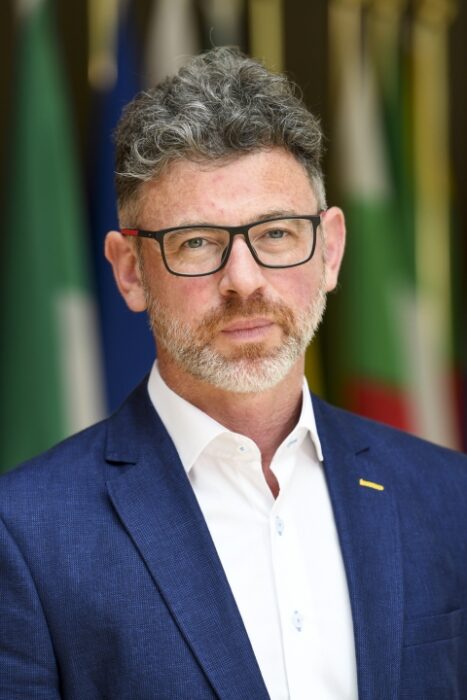The Progressive Post
Fit for 55: technically, but also socially

The EU Fit for 55 package is a comprehensive attempt to make the transition to a zero-carbon society in measurable incremental steps. It is a welcome development in terms of policy. And if fully implemented, it can be transformative.
However, transformation means disruption, and disruption can lead to fear. Fear from the sectors that will be impacted, fear from those who need to change the most and fear from citizens who worry about the impact these changes will have on their lives. In order to be successful, a transition has to be speedy. With an ultimate goal of a zero-carbon economy, the sooner we start to decarbonise the better. The urgency of the requirement to change is the biggest challenge. Moving quickly means that not every single impact or unforeseen effect can be predicted. Therefore, we need to ensure that flexibility of approach is built into the implementation. We need to be able to respond effectively and dynamically to the real-life implications of Fit for 55.
This is so important because, too often, people are not put at the centre of climate policies. The focus can be on industrial change, or on the economy, with a presumption that protecting the economy will automatically ensure prosperity for all. In practice, the evidence does not support this.
Putting people, communities, and regions at the centre of Fit for 55 can be achieved in the implementation phase. In our work at the European Economic and Social Committee (EESC), our three major groups – employers, workers, civil society organisations – all agreed that establishing a type of Just Transition Commission in different regions and member states could ensure that fears are addressed, and policy supports can be dynamically introduced to bring everybody along with the transformation.
The Sustainable Development Goals, which are already an agreed commitment, highlight this need to ‘Leave Nobody Behind’. It is in this context that I try to think of Fit for 55 as a tool for achieving a low carbon society rather than a tool for achieving a low carbon economy. Without the broad support of society, without the understanding that combatting climate change is essential for survival, and without the inclusion of all groups in reaping the benefits of action, we will see the ambition undermined. We must consider that we are getting our society fit for emission reduction, and not only our economies.
Acting quickly and efficiently has always been important. If for no other reason than that it will become increasingly challenging, and increasingly expensive to implement these changes the longer we delay. Hindsight is easy, but we can learn from the past. And I am sure any of us would love to be back in the year 2000 with a Fit for 55 package. It would have been so much easier and so less disruptive to make these emission reductions gradually.
Now, in mid-2022, we already see the return of inflation in all major economies and the impact it is having on the cost of everything. This must be a driver to do more, and to protect the high ambition in Fit for 55, and not used as an excuse to delay or water down the targets and timelines.
Equally, we can no longer use competitiveness as an excuse for inaction. Yes, it is critical to keep our functioning businesses and entrepreneurs competitive in global markets. But this cannot be used as a reason to become involved in a race to the bottom in terms of production standards or production and processing-related emissions. There must be strong support for the frontrunners, who may be taking a hit on profits, or investing heavily, in order to lead the way in emissions reduction. We want to encourage more of the things we want, and this should be the focus of any public subsidies.
As a final thought, linked to bringing society along and bringing sustainable business models along, all other major policies should be tested against Fit for 55. Food production is in the spotlight at the moment, and the Common Agriculture Policy needs to clearly support policies that are aligned with Fit for 55 – and further aligned with aims and goals to tackle the linked crises of biodiversity decline and climate change. Coherence of approach at a policy level will give the right signals and show leadership by offering certainty and consistency.
Photo credits: Anatoliy_gleb /Shutterstock.com




